1.1 ml Lip Filler Before and After: What Results To Observe
Lip fillers have become one of the most sought-after non-surgical cosmetic enhancements due to their efficiency, customisability, and minimal downtime....
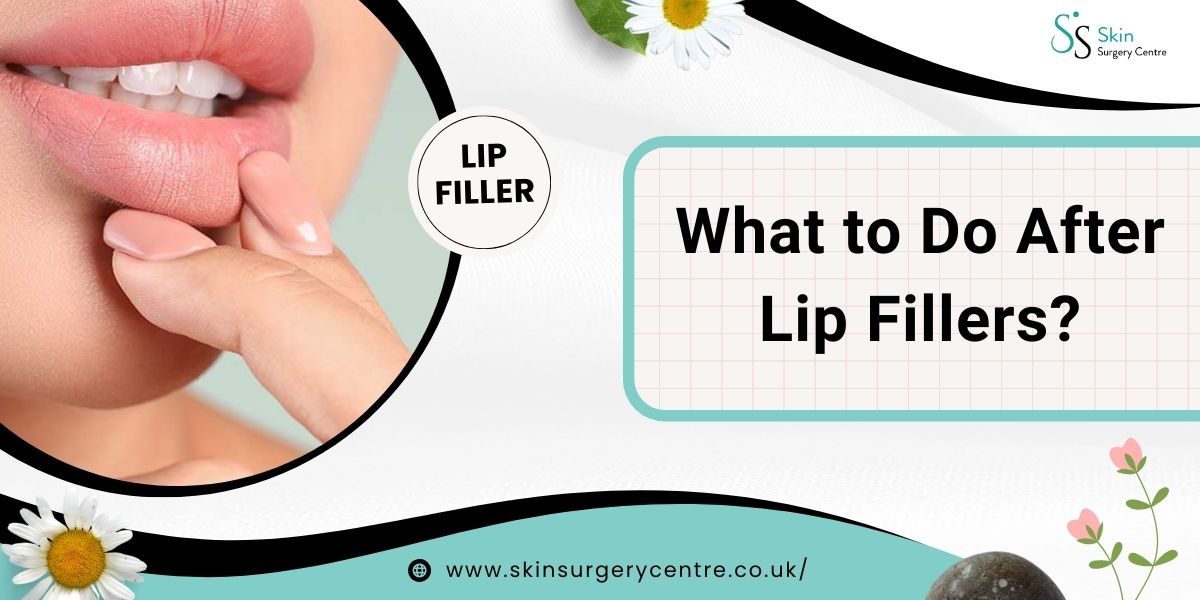
Enhancing your natural beauty with lip fillers is a popular choice in the UK and globally — but according to NHS guidance, what you do after your treatment is just as important as the injection itself.
Doing proper aftercare ensures that there is minimal discomfort, no complications, and you achieve the best results possible. Whether this is the first time you’re visiting the aesthetic chair or you’re a regular – this post will explain what you need to do post your filler appointment so that your pout and lips are looking perfect.
From long-term maintenance to immediate aftercare, we have it all covered. Read below for trustworthy and expert-approved tips.
Also Read: What Not To Do After Lip Filler?
The first 48 hours following the procedure are the most important. During this time, your lips may swell and feel tender, while the filler begins to settle. Follow these steps carefully:
In the first 24 hours, avoid touching your lips — BAAPS warns that this increases infection risk and may displace filler. You run the risk of displacing the filler or worse, introducing bacteria which can increase the risk of infection.
Pro Tip: If your lips feel lumpy or uneven after the procedure, don’t be alarmed. This is standard and usually resolves itself as the filler settles within a week. Massage only if suggested by your practitioner.
Swelling occurs in up to 74% of patients within 48 hours (NCBI, 2021) — a cold compress helps reduce this. Wrap a clean cloth around some ice cubes and gently apply it to your lips for about 10–15 minutes. Make sure not to press too hard to avoid shifting the filler.
Drinking enough water speeds up the healing process by keeping the skin hydrated. It will also keep your fleshy lips from wrinkling since fillers like hyaluronic acid retain water and help hydrate the skin.
Engaging in certain activities during the days right after the procedure can compromise the results. Here is the list of items to avoid in order to not prolong healing.
For at least a week, do not apply heat to your lips in excessive amounts. This includes saunas, steam rooms, and hot baths. Heat magnifies swelling which interferes with the filler settling.
For the first 48 hours, avoid alcohol and smoking — NHS guidelines highlight that these can delay healing and increase infection risk. Both irritate the treated areas and can complicate the healing process. Smoking presents additional dangers because it introduces bacteria around the lips, increasing the chances of infection.
Ensure that lips are not compressed through kissing, sleeping face down, or sipping drinks through a straw. During the first few days of recovery, even balloon blowing is not permissible.
Helpful tip: To avoid applying pressure to lips while trying to catch some sleep, resting on one’s back and elevating head with a pillow prevents unintentional lip pressure.
To hide swelling or minor bruising, wait a while before using makeup. Placing makeup on pre-emptively could worsen these conditions.
The first day post treatment requires absolutely no lip product use to mitigate explosions of irritation or infection. After this period, switch to gentle hypoallergenic products.
Once it is safe to begin applying products, introduce lip balm, preferably unscented, to keep lips moist. A mineral-based makeup would also be beneficial, as it is easier to tolerate.
Some mild swelling, soreness, and bruising is expected — studies show 39% experience bruising, 88% tenderness in the first 3 days (NCBI, 2020). Your recovery may be aided by applying cold compresses as advised, or taking arnica tablets. Ibuprofen may be useful too, but ensure you get approval from your practitioner first.
Mild symptoms are expected, but you should still be on the lookout for excessive redness, swelling, or any signs of infection. If any of these symptoms develop, see your healthcare provider right away.
“While mild swelling and bruising are expected, serious complications are rare — occurring in only around 0.6% of patients (Frontiers in Oral Health, 2022).”
Lip fillers can last anywhere from several months to a year, depending on the type of filler used and how well they are cared for. To maximise their effectiveness, it is crucial to maintain them over time.
Lip fillers such as hyaluronic acid greatly benefit from well-hydrated skin. For that reason, it is essential to keep drinking water and using SPF lip balm to protect your lips from UV rays.
Your practitioner should schedule a second appointment for 1–2 weeks after the first visit so that they can check how the filler has settled and other possible concerns. Also, if you wish to conserve volume, be sure to schedule touch-up appointments prior to the filler completely wearing off.
To avoid the healing phase becoming needlessly stressful, it is important to grasp the expected timeline for progression.
Dr. Majid Shah (UK-based aesthetic expert) notes that full results are typically visible after 2 weeks, with swelling most pronounced early and resolving by Day 14. This effect is short-lived, and is usually resolved within 48–72 hours. The results will start to be visible after 7–14 days.
The lasting effect of the filler on your lips primarily depends on the filler used, your metabolism, and even lifestyle. For example, Juvederm and Restylane, which use hyaluronic acid, can last from 6 months to a year.
Follow the aftercare process with a keen and mindful approach, and you will be able to achieve the professional result that you desire.
For people looking to get lip fillers or need help with aftercare, please see a qualified aesthetic professional for tailored advice and a detailed walking guide on how to best take care of your lips.
Speak to one of our specialists today to learn about personalised cosmetic treatments that can achieve the best results for you.
Ready for natural, safe results?
Book your consultation at our UK luxury aesthetic clinic today and let our GMC-registered practitioners guide your aftercare.
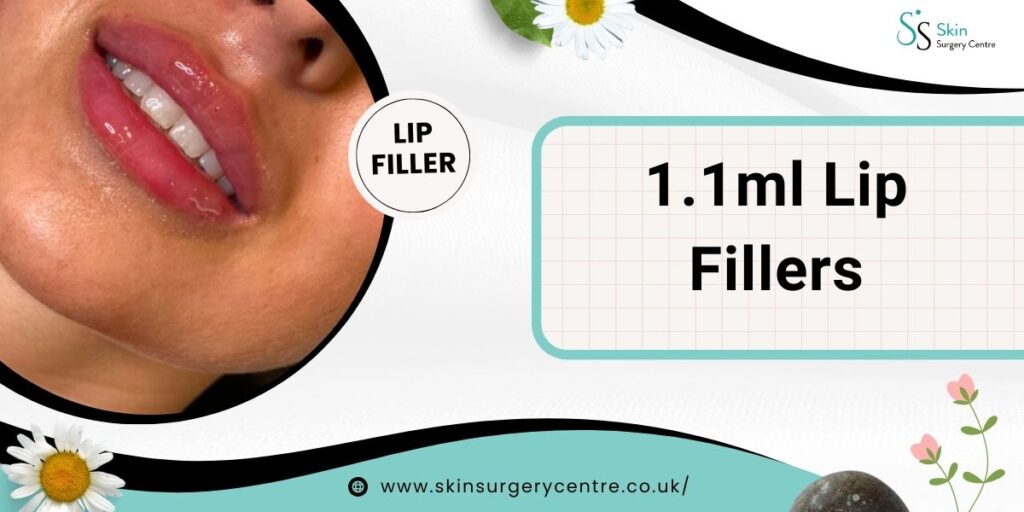
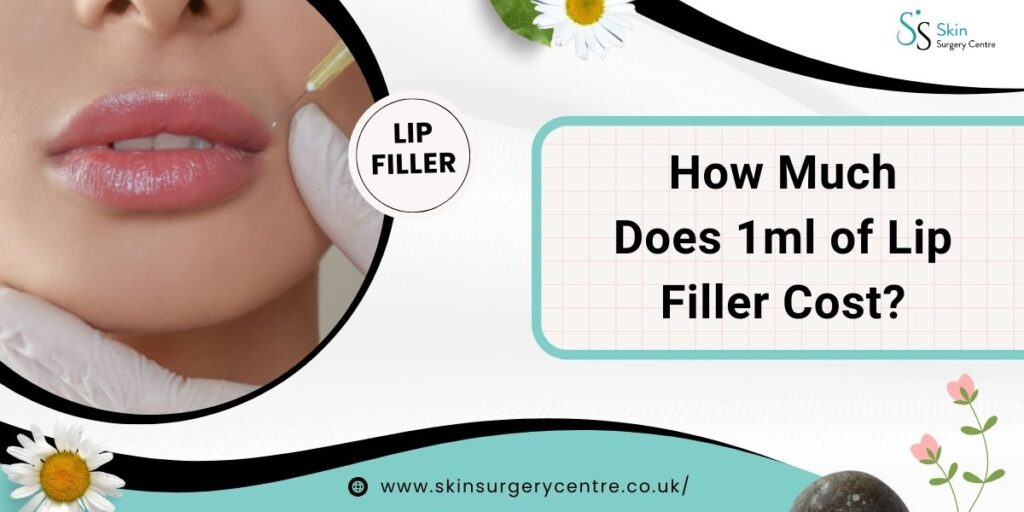
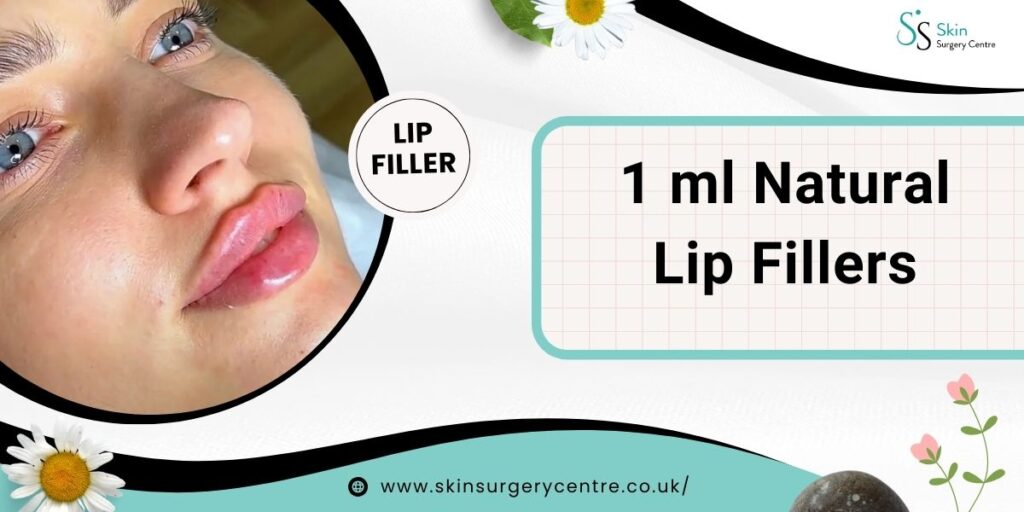
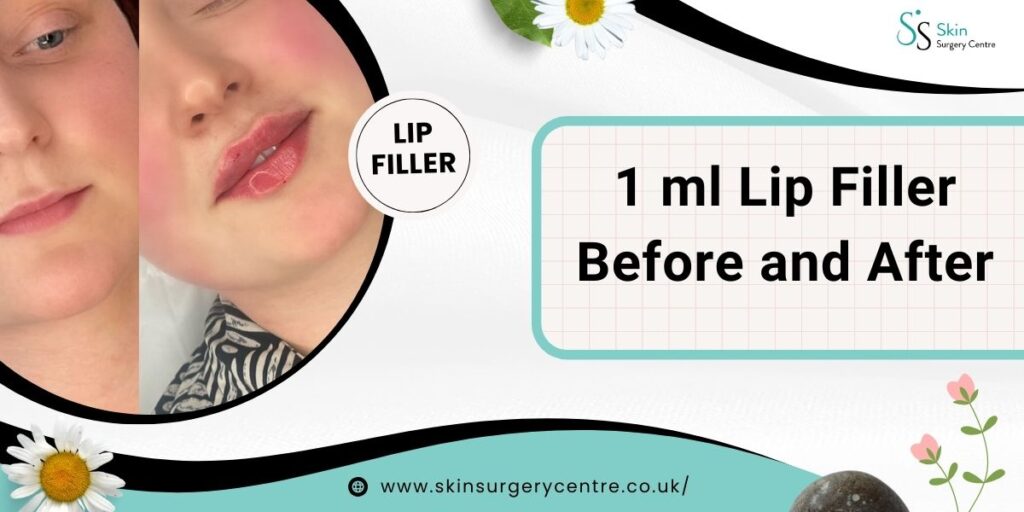
Lip fillers have become one of the most sought-after non-surgical cosmetic enhancements due to their efficiency, customisability, and minimal downtime....
Are you considering ways to achieve fuller, well-defined, and more symmetrical lips with 1.1ml lip filler? Whether this is your...
For people who are thinking about having their lips done, one of the most common questions is, “How much does...
The aesthetic procedure 1ml natural lip fillers is gaining more popularity in this day and age. This particular measurement is...
According to Beauty Tech industry trends, lip augmentation continues to grow in popularity, and for good reason. If you are...